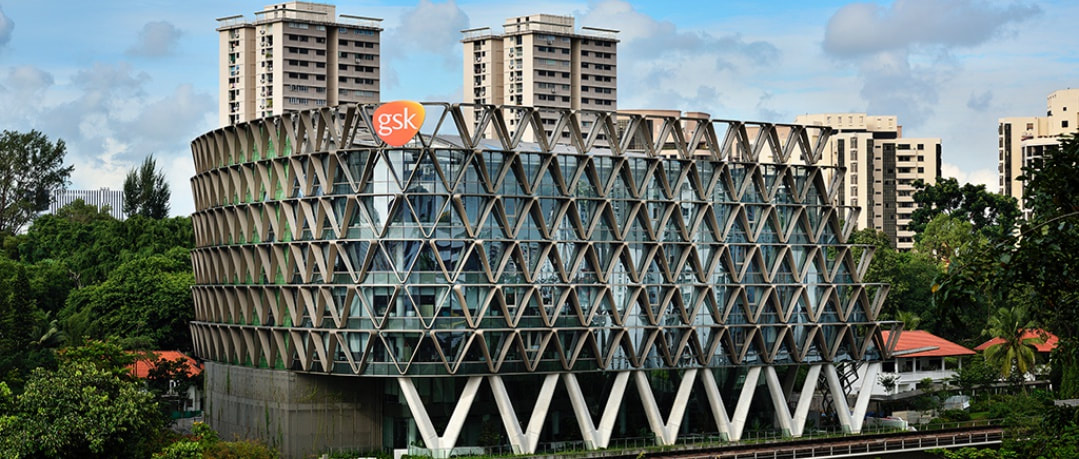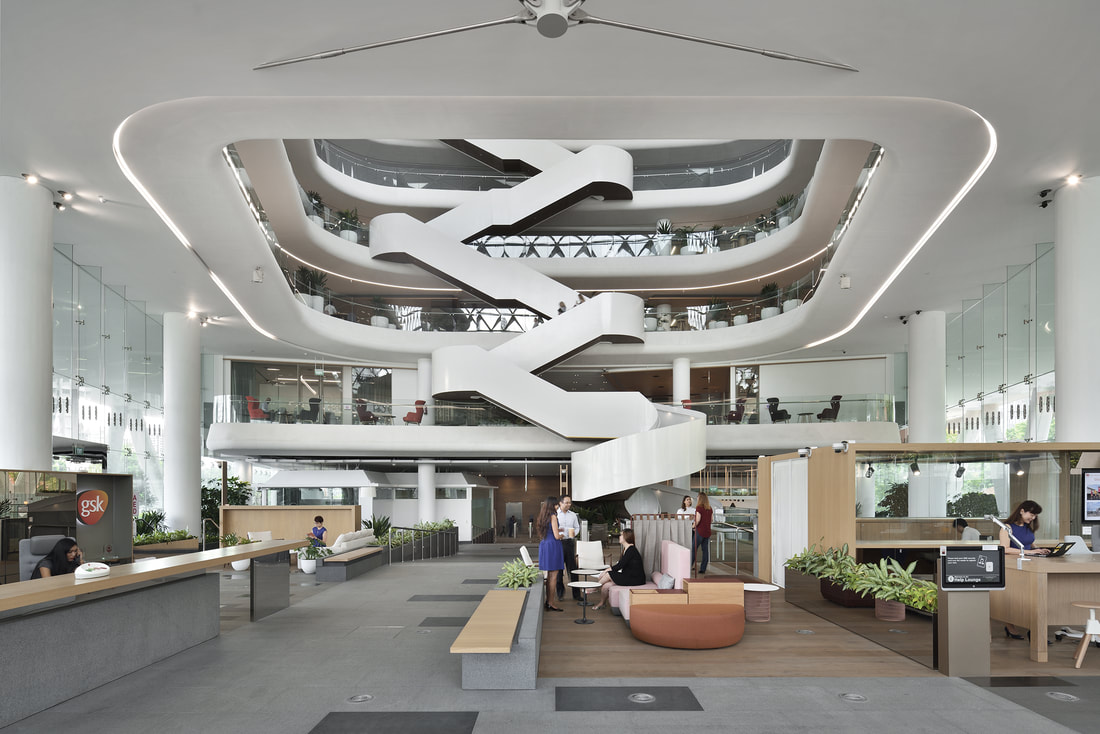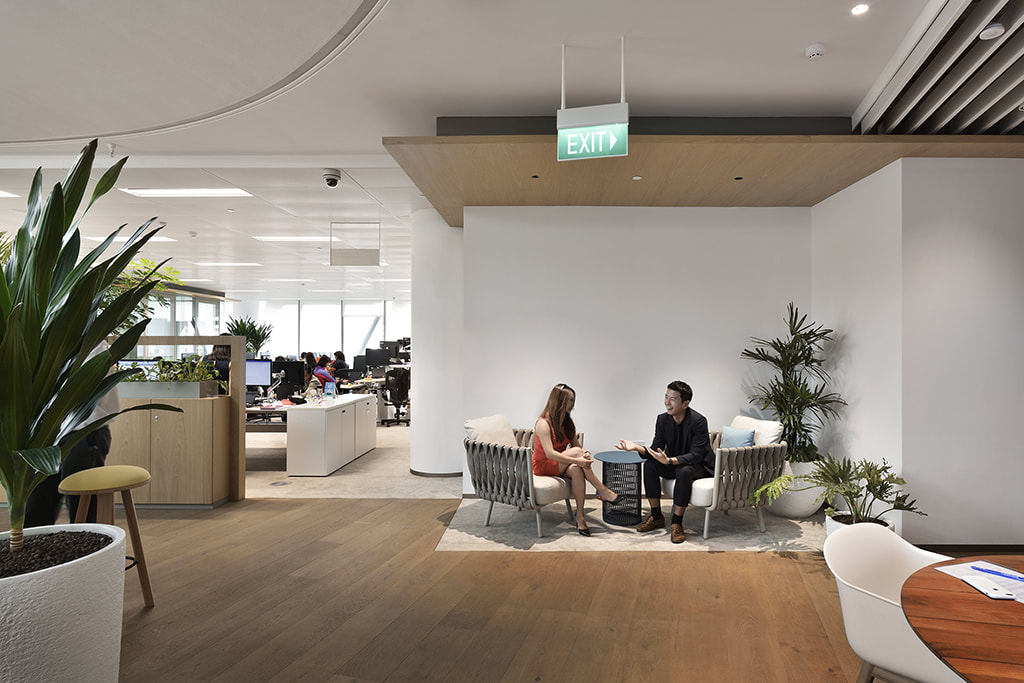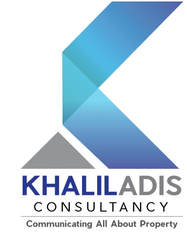|
As humans and technology evolve, so has the workplace. Expect more intuitive technology being employed in the near future. By Khalil Adis Mention GlaxoSmithKline (GSK) and the first thing that comes to mind is innovation. In fact, the word innovation is synonymous with this pharmaceutical giant which is renowned for consumer products such as Sensodyne and Aquafresh toothpaste. “At GSK, we often ask ourselves, “do we have the right properties?” In Asia, it is all about growth. Asia is a huge piece of our future,” said Simon French, GSK’s Workplace and Design Director, Worldwide Real Estate and Facilities, United Kingdom. French was speaking at the CoreNet Global Summit 2018 held in Singapore in March. Titled Beyond the Horizon – The 2030 Workplace, GSK’s Asia headquarter office at Singapore’s research & development hub at one-north features intuitive workspaces that promote human interaction and collaboration while being culturally sensitive. For example, its food offerrings at the premises are halal, keeping in mind the city-state’s multi-racial and multi-religious society. “Bacon & eggs won’t work in Singapore,” quips French. The design process behind its GSK Asia House at Rochester Park in one-north involves looking at commercial drivers, behaviours & culture and design thinking What results is an open office space spanning four floors of 14,330 sq m with plenty of natural light and ventilation. In addition, it also has four layers of invisible security barriers before you get to see the actual work space. Indeed, the ground floor is open to the public while the entire building is designed to bring in natural light. “In Singapore, outdoor areas are under- utilised. We, therefore, have used the outdoor space in the western part of the building as it affects employees’ behaviour - happy staff equals a more engaged people,” says French. Commerce and value creators While open design appears to be the order of the day, the design process is very much rooted in commerce. GSK estimates that the Asia Pacific region will become its largest regional market by 2020. As such, greater emphasis has been placed on those who bring value or are generating revenue. “We call this smart working where no leaders and directors have an office. It is about transparency, being able to see leaders and seeing them working. Constant sharing of ideas is relevant to the scientific industry,” explains French. To make the workspace conducive to allowing open communication, seeing different perspectives and the exchanging of ideas, GSK Asia has created ‘neighbourhoods’ where there are no specific desks for anyone. “There are no specific desks for anyone with fluid sitting areas and workspaces. This means you can work anywhere while promoting the exchange of ideas,” notes French. Even the ground floor, which is not considered GSK’s working space, has created revenue. “By having a concierge, we realised ownership of open space increases quickly. As such, Google is using the space and leasing from us,” reveals French. Moving forward, French expects the future workplace to look at intuitive technology.
“We are in the process of developing this whereby your laptop is recognised, and your presentation will automatically come out. In short, the building knows who you are,” he declares. A record 740 corporate real estate professionals attended the CoreNet Global Summit 2018 which features more than 40 thought leaders shedding light on the critical relationship between an organisation’s productivity, bottom line, and effective CRE management. The two-day summit revolved around nascent and current developments such as geopolitical shifts and technological disruption, which have complicated decision-making in many organisations across the Asia Pacific. This story was first published by Asian Property Review in its July-August 2018 issue
0 Comments
Leave a Reply. |
Khalil AdisAn independent analysis from yours truly Archives
July 2023
Categories
All
|
100 Peck Seah Street
|
|



 RSS Feed
RSS Feed
